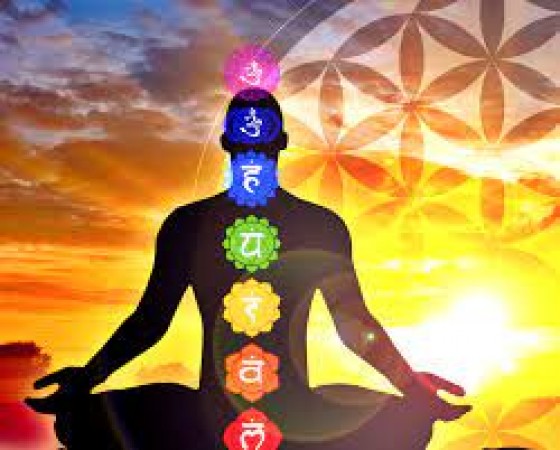
Yoga and meditation are two integral practices deeply rooted in the spiritual fabric of Hinduism. Originating in ancient India, these practices have been embraced by millions worldwide for their profound impact on physical, mental, and spiritual well-being. In Hinduism, yoga and meditation serve as transformative tools that enable individuals to connect with their inner selves, attain self-realization, and embark on a journey of spiritual awakening. In the tapestry of Hinduism, yoga and meditation are threads that weave together physical, mental, and spiritual dimensions of human existence. These transformative practices offer a profound path to self-realization, spiritual awakening, and the ultimate goal of liberation (moksha). By uniting the individual soul with the universal consciousness, yoga and meditation help individuals transcend the limitations of the material world and discover the eternal truths that lie within. In the pursuit of inner peace, wisdom, and spiritual growth, yoga and meditation continue to guide countless individuals on a journey of self-discovery, fostering a deeper connection with the self and the divine.
1. Yoga: Union and Harmony: The term "Yoga" derives from the Sanskrit word "Yuj," which means to unite or yoke. In Hindu philosophy, yoga refers to the union of the individual soul (atman) with the universal consciousness (Brahman). It is the path to attaining spiritual realization and liberation (moksha) from the cycle of birth and death (samsara). Yoga encompasses various disciplines, each catering to different aspects of one's being:
Hatha Yoga: Focuses on physical postures (asanas) and breath control (pranayama) to purify and strengthen the body, preparing it for spiritual practices.
Raja Yoga: Emphasizes meditation and mental concentration to gain control over the mind and attain self-realization.
Bhakti Yoga: Devotional yoga, where practitioners cultivate love and devotion towards the divine, leading to spiritual union.
Karma Yoga: The yoga of selfless service, emphasizing performing actions without attachment to the results.
Jnana Yoga: The path of knowledge and wisdom, involving self-inquiry and contemplation to realize one's true nature.
2. Meditation: Calming the Mind: Meditation (Dhyana) is an essential aspect of Hinduism, and it complements the practice of yoga. It involves stilling the mind and focusing one's awareness inward. Through meditation, practitioners strive to transcend the constant fluctuations of the mind, tap into their inner wisdom, and experience a deeper sense of peace and clarity. In Hinduism, meditation is often practiced in various forms, such as focusing on a particular deity (Saguna meditation), chanting mantras, observing the breath (pranayama), or practicing mindfulness. Meditation is considered a powerful tool to connect with the divine, access higher states of consciousness, and uncover the eternal truths that lie within.
3. Spiritual Awakening and Self-Realization: The combined practice of yoga and meditation in Hinduism serves as a means to awaken the dormant spiritual potential within individuals. By purifying the body and calming the mind, practitioners can access deeper levels of consciousness and experience a profound sense of interconnectedness with the universe. Yoga and meditation are not limited to physical and mental benefits but are seen as transformative gateways to self-realization. They enable individuals to recognize their true nature as divine beings and experience the unity of the individual soul (atman) with the universal consciousness (Brahman).
4. Beyond Religious Boundaries: While yoga and meditation have deep roots in Hinduism, they extend beyond religious boundaries and are embraced by people of various faiths and beliefs. In the contemporary world, yoga has gained popularity as a holistic practice for physical health and stress reduction, while meditation is recognized for its mental and emotional benefits.
Also read - Trimurti: The Holy Trinity of Hinduism
The Philosophy of Sanatana Dharma: Eternal Truths and Universal Principles